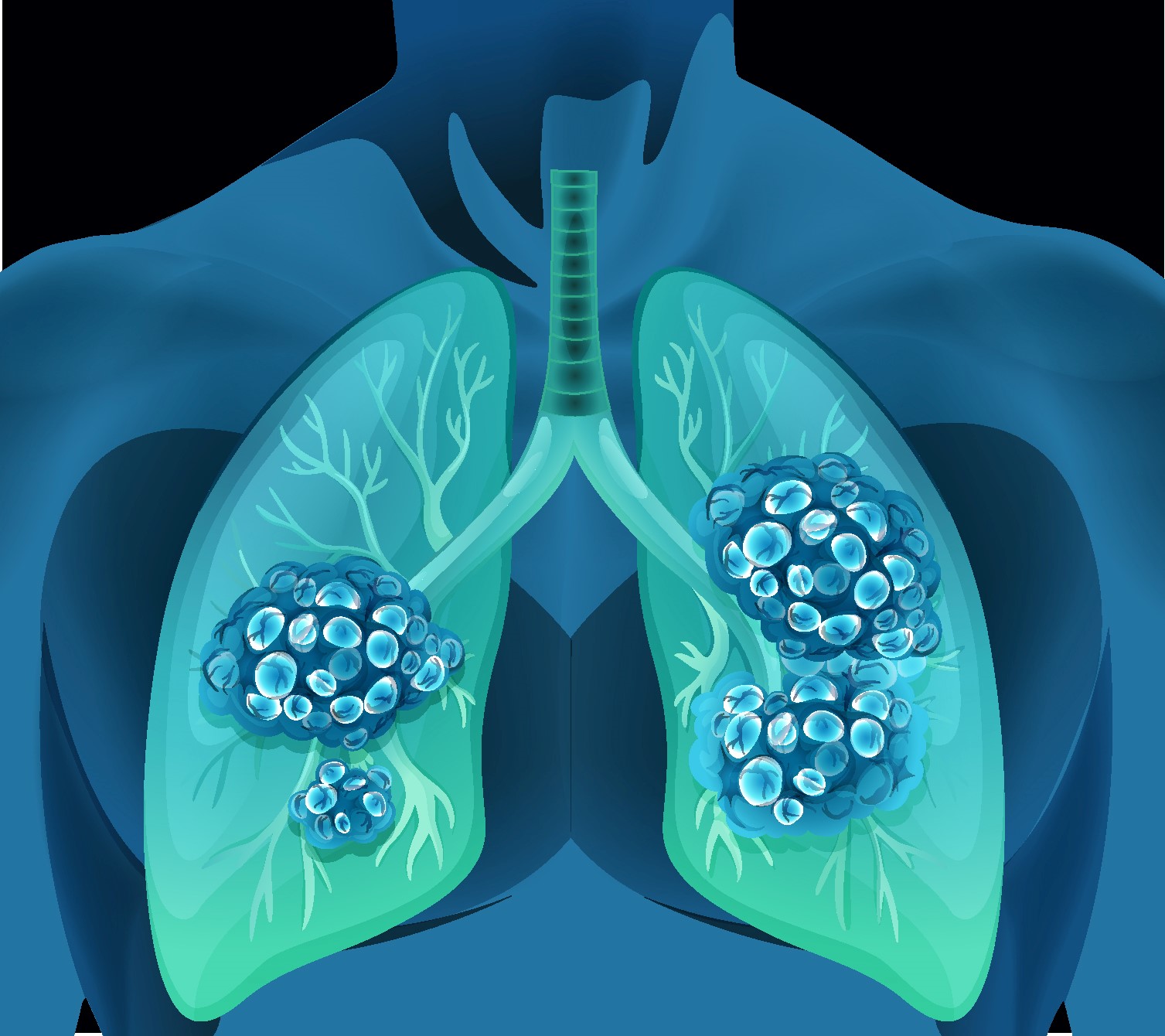This study aimed to evaluate the impact of KRAS status on the efficacy of first-line immune checkpoint inhibitors (ICI) in patients with advanced non-small cell lung cancer (NSCLC).
Patients with advanced incurable or metastatic NSCLC with PD-L1 ≥50% treated with palliative-intent, single-agent PD-1/PD-L1 inhibitors at the Cancer Centre of Southeastern Ontario were included. KRAS mutation status was determined via massively parallel sequencing. Primary study outcome was median overall survival (mOS).
Seventy-eight patients (59 non-squamous, 19 squamous) were identified; only non-squamous patients were included in KRAS mutation analyses. Thirty patients (51%) were KRAS-MT (mutant), with G12C (19%), G12V (15%), and G12D (13%) accounting for the most common KRAS mutation subtypes. There was no difference in mOS between KRAS-MT and KRAS-WT (wild-type) patients (12.9 vs. 19.3 months, p = 0.879). There was a non-significant trend towards worse mOS in KRAS G12C patients compared to non-G12C and KRAS-WT patients (11.4 vs. 44.9 vs. 19.3 months, p = 0.772). On multivariable analysis, KRAS-MT status was not associated with mOS (HR 0.901, 95%CI 0.417-1.946, p = 0.791). ECOG≥2 was an independent prognostic factor for worse mOS (HR 2.853, 95%CI 1.237-6.583, p = 0.014). Immune-related adverse events did not differ between KRAS-MT and KRAS-WT groups (48% vs. 52%, p = 1.000).
KRAS mutation status did not have a significant impact on ICI efficacy or safety. However, a non-significant trend towards worse survival was noted in patients treated with ICI whose tumours harboured the KRAS G12C variant. This study provides valuable information for comparative analysis in the future.
A single institution study evaluating outcomes of PD-L1 high KRAS-mutant advanced non-small cell lung cancer (NSCLC) patients treated with first line immune checkpoint inhibitors.


